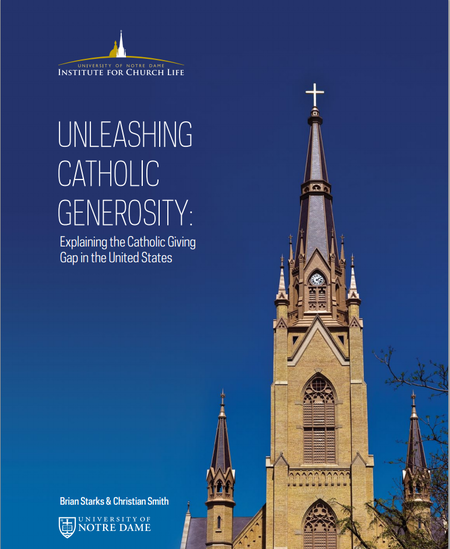We’re continuing to summarize Catholic Conversation posts in “compendium” announcements to help readers more easily navigate to earlier topics. This compendium covers posts from June-August, 2012.
Several contributors continued recurring themes in contemporary U.S. parish life. Lucas Sharma highlighted his study of St. Mary Magdalene Parish in Chicago to consider homosexuality and parish life. Michael Cieslak looked at recent research done in the Diocese of Rockford to highlight the role of complex parish dynamics in promoting stewardship. Moving from parish to national Catholic life, Michael continued considering the merits of competing methods for estimating the U.S. Catholic population, particularly the use of parish baptismal and funeral logs, the Official Catholic Directory and telephone surveys.
Social justice was another key theme during these months. As Gary Adler proposed reclaiming a sense of responsibility in individual consumer behavior and discussed its role in local and global social (in)justice. Brian Starks reflected on a talk that emphasized how one of the fruits of Eucharistic celebration is commitment to the poor.
Linda Kawental and Brian considered several topics surrounding contemporary women religious, including the media popularity of women religious (especially in the wake of the doctrinal assessment of the Leadership Conference of Women Religious), the lack of lay support for women’s religious vocations, and debates on the success of LCWR vs. CMSWR vocation recruitment.

